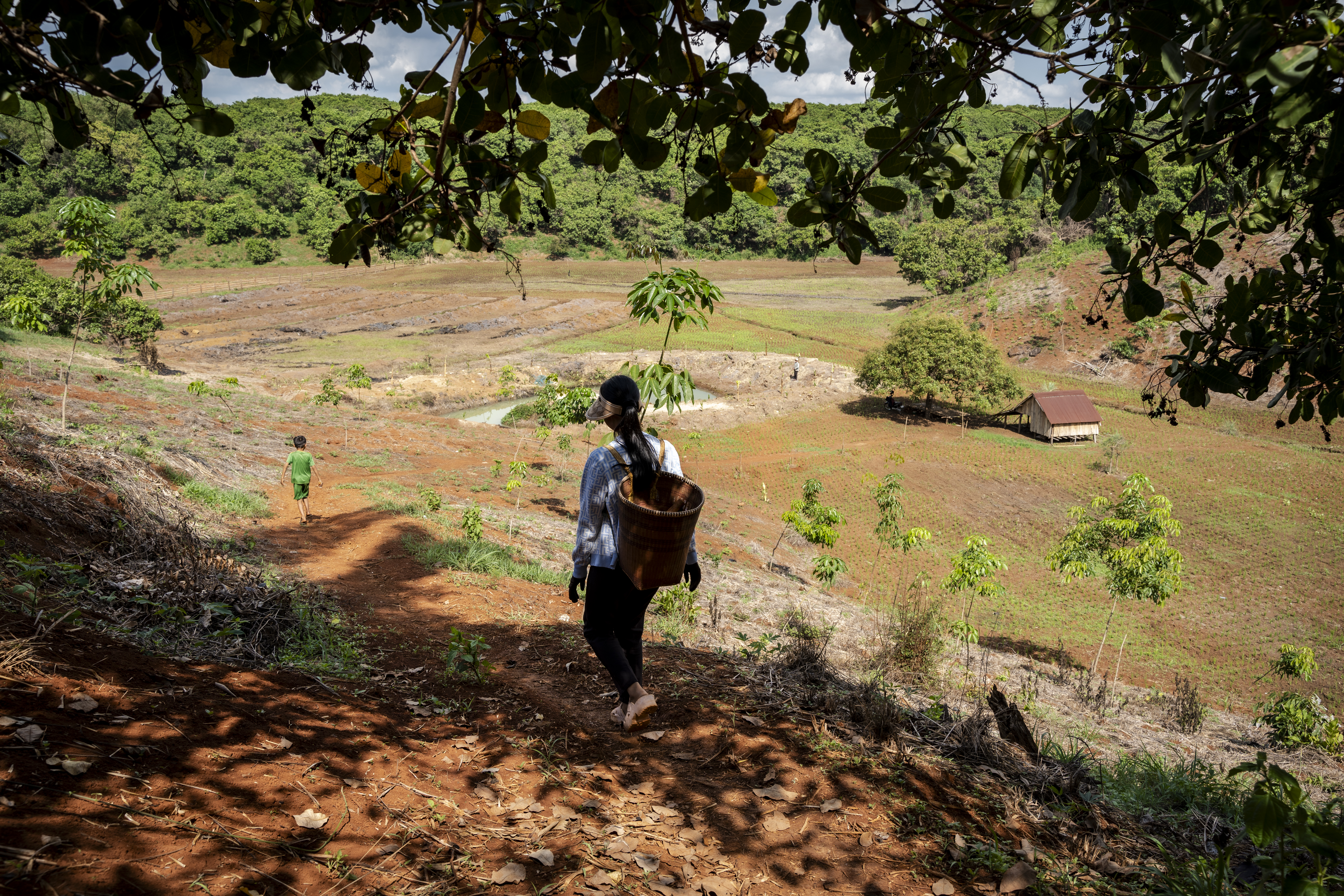Promoting Climate Justice in Cambodia: A CARE Approach
We know climate change exacerbates existing inequalities; it has a disproportionate impact on women and girls because of the roles and tasks that they are assigned and the discrimination they face.
With other Mekong country offices and technical partners CARE will be enhancing our focus and expertise to develop a portfolio of programs that build on our collective experience to address sustainable livelihoods, climate change adaptation and disaster risk reduction in Cambodia.
We see multiple opportunities to re-engage in climate justice and ensure it is higher on our agenda for both regional Cambodia and within the private sector. We will tap into the expertise of the Mekong Region and our previous experience to ensure we are responding to the needs of Cambodia specially ethnic minority and socially marginalized women.
Relevance to Cambodia
Cambodia is highly vulnerable to the impacts of climate change, including increased frequency and intensity of extreme weather events, loss of biodiversity, and changes in agricultural patterns. DeRisk South East Asia1 predicts that between 2040 and 2069 the maximum daily temperature will rise to 34 degrees Celsius; the frequency and length of heatwaves and hot spells will significantly increase, and rainfall will likely intensify, with 40 days a year receiving more than 20mm of rainfall. These impacts disproportionately affect marginalized and vulnerable communities, such as Indigenous peoples, women, children, and smallholder farmers. Climate justice is particularly relevant in Cambodia to address these inequalities and ensure a just and sustainable future for all.
Understanding climate justice
Guiding Principles: Climate justice refers to the fair and equitable distribution of the costs and benefits of climate change mitigation and adaptation, considering historical responsibility, vulnerability, and human rights. It recognizes that those who are least responsible for climate change often bear the greatest burden of its impacts. Climate justice is rooted in principles of equity, participation, transparency, accountability, and human rights.

